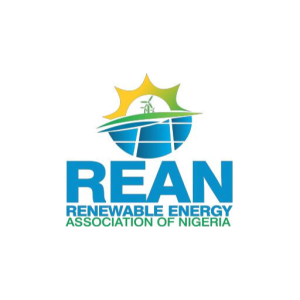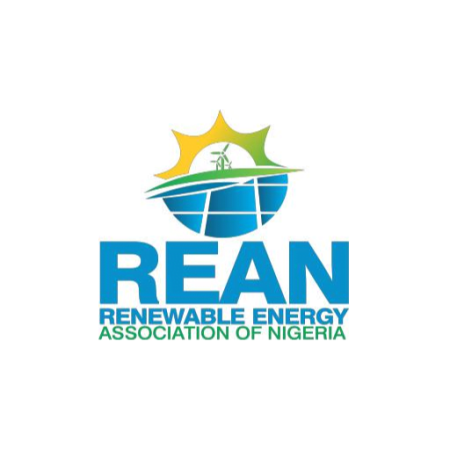Paragraph 1: Introduction – The Dawn of Space Regulation in Nigeria
Nigeria is poised to enter a new era of space management with the National Space Research and Development Agency (NASRDA) finally set to exercise its regulatory and licensing mandate. This significant step comes after years of operating without fully implementing the provisions enshrined in the NASDRA Act of 2010. Dr. Matthew Adepoju, Director-General of NASRDA, announced that President Bola Tinubu has approved a substantial take-off fund of N20 billion to kickstart the agency’s regulatory activities. This development marks a pivotal moment in Nigeria’s space journey, promising to bring order, security, and economic benefits to a sector with immense potential.
Paragraph 2: The Genesis of the Initiative and the Need for Regulation
The initiative to regulate Nigeria’s space activities stemmed from Dr. Adepoju’s recognition of the sector’s vulnerability and the potential for misuse. Upon assuming office, he presented a memo to President Tinubu emphasizing the urgent need to enforce NASRDA’s regulatory powers as outlined in Sections 6 and 9 of the establishing Act. The President’s subsequent approval of the N20 billion funding underscores the government’s commitment to establishing a structured and secure space environment. Dr. Adepoju highlighted the security implications of unregulated space activities, stressing the importance of taking charge of the nation’s space domain to prevent its exploitation.
Paragraph 3: The Scope of Space Regulation and the Three-Tiered Structure
NASRDA’s regulatory purview encompasses the entire spectrum of space activities, categorized into three segments: upstream, midstream, and downstream. The upstream segment deals with deep space exploration and research. The midstream segment focuses on objects in Earth’s orbit, primarily satellites. Finally, the downstream segment covers ground stations, activities, and users of space-based products and services. Dr. Adepoju emphasized the interconnectedness of these segments and the need for comprehensive regulation across all three to protect Nigerian interests and ensure fair practices within the space sector.
Paragraph 4: Licensing, Oversight, and the Benefits of Regulation
A cornerstone of NASRDA’s regulatory mandate is the implementation of a licensing framework for all operators in the Nigerian space arena. This licensing requirement applies to both public and private entities involved in providing or utilizing space products and services. Dr. Adepoju stressed the importance of strict oversight of key players, including satellite image providers, geographic information system (GIS) operators, and satellite-based telecommunication and broadcasting services. He underscored the potential for misuse of geographical data intelligence by non-state actors if left unregulated, highlighting the critical role of NASRDA in safeguarding national security.
Paragraph 5: Economic and Security Implications of Space Regulation
The anticipated benefits of space regulation extend beyond security concerns to encompass economic development and local content growth. By creating a structured and transparent environment, NASRDA aims to attract investment and foster innovation within the Nigerian space industry. Dr. Adepoju pointed out that many crucial sectors, including oil and gas, shipping, and telecommunications, rely heavily on space-based products and services. Regulating these activities will not only protect national interests but also generate revenue for the government through licensing fees and other regulatory mechanisms. Furthermore, fostering local content development will create job opportunities and enhance Nigeria’s technological capabilities in the space sector.
Paragraph 6: Implementation and Future Outlook
While the N20 billion fund has yet to be fully accessed, NASRDA has already begun laying the groundwork for its regulatory functions. The licensing platform is operational and open to both public and private sector participants. Dr. Adepoju reiterated the agency’s commitment to ensuring responsible and sustainable use of Nigeria’s space resources. The implementation of these regulations is expected to transform Nigeria’s space landscape, promoting safety, security, economic growth, and technological advancement. This marks a significant step towards realizing Nigeria’s full potential in the space domain and solidifying its position as a leader in African space exploration and development.














